Back to Courses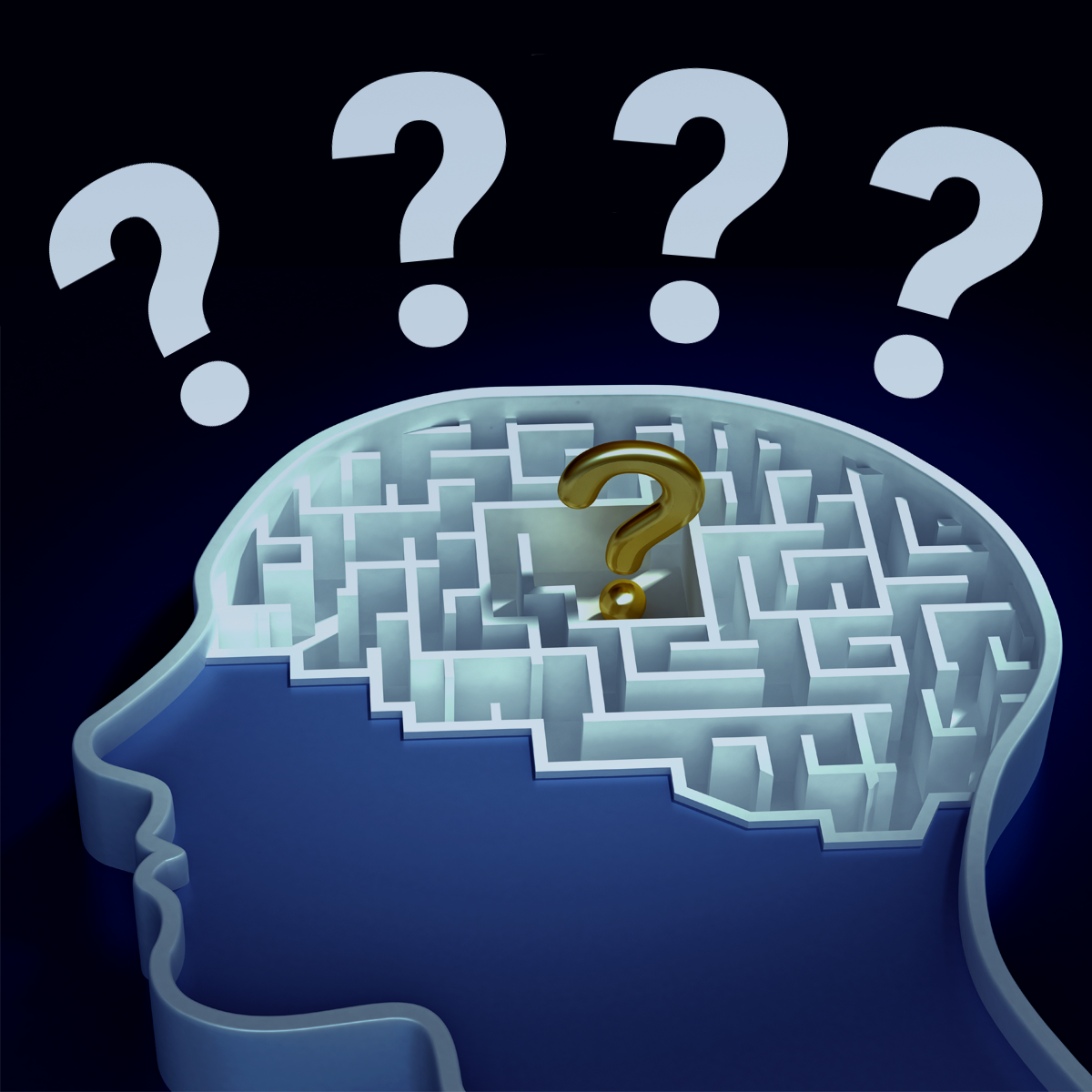
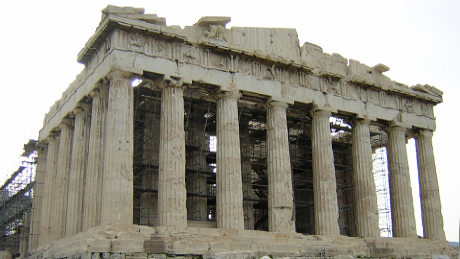


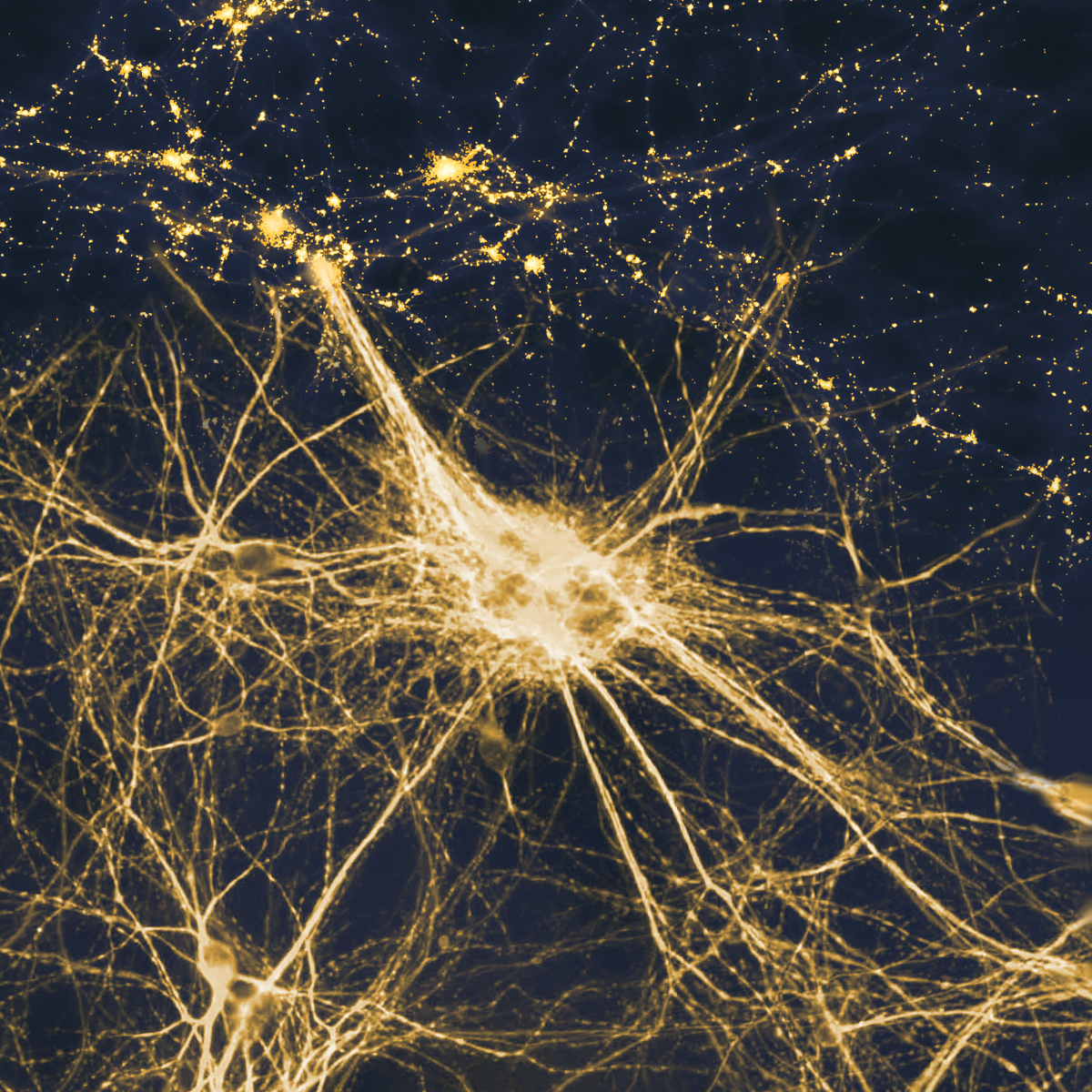
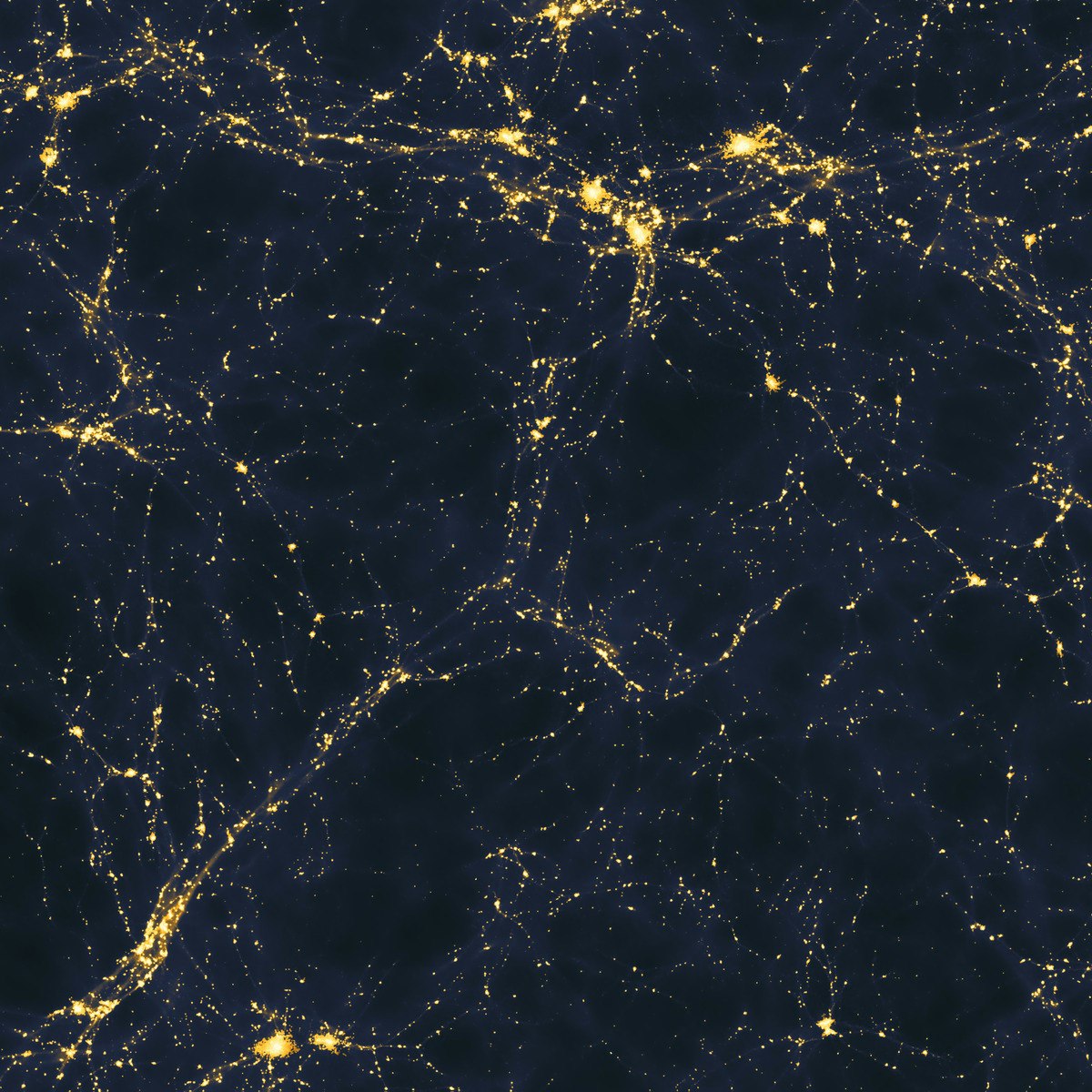

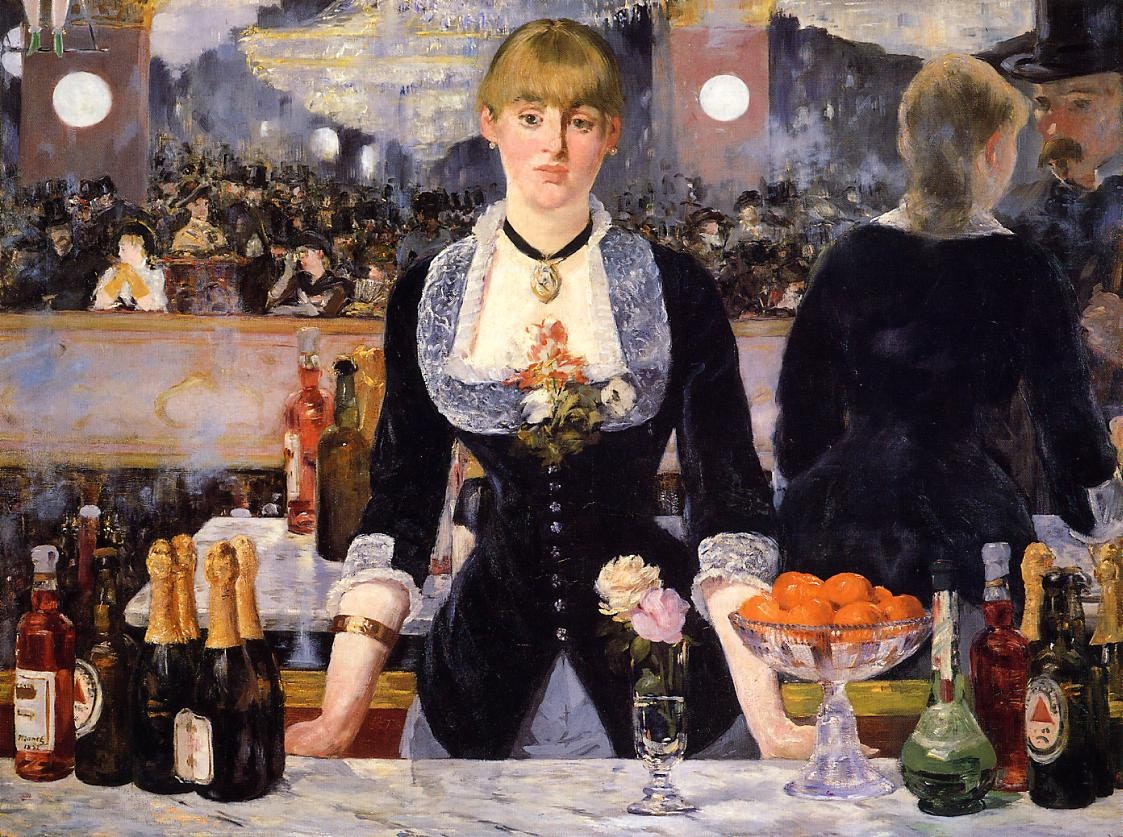

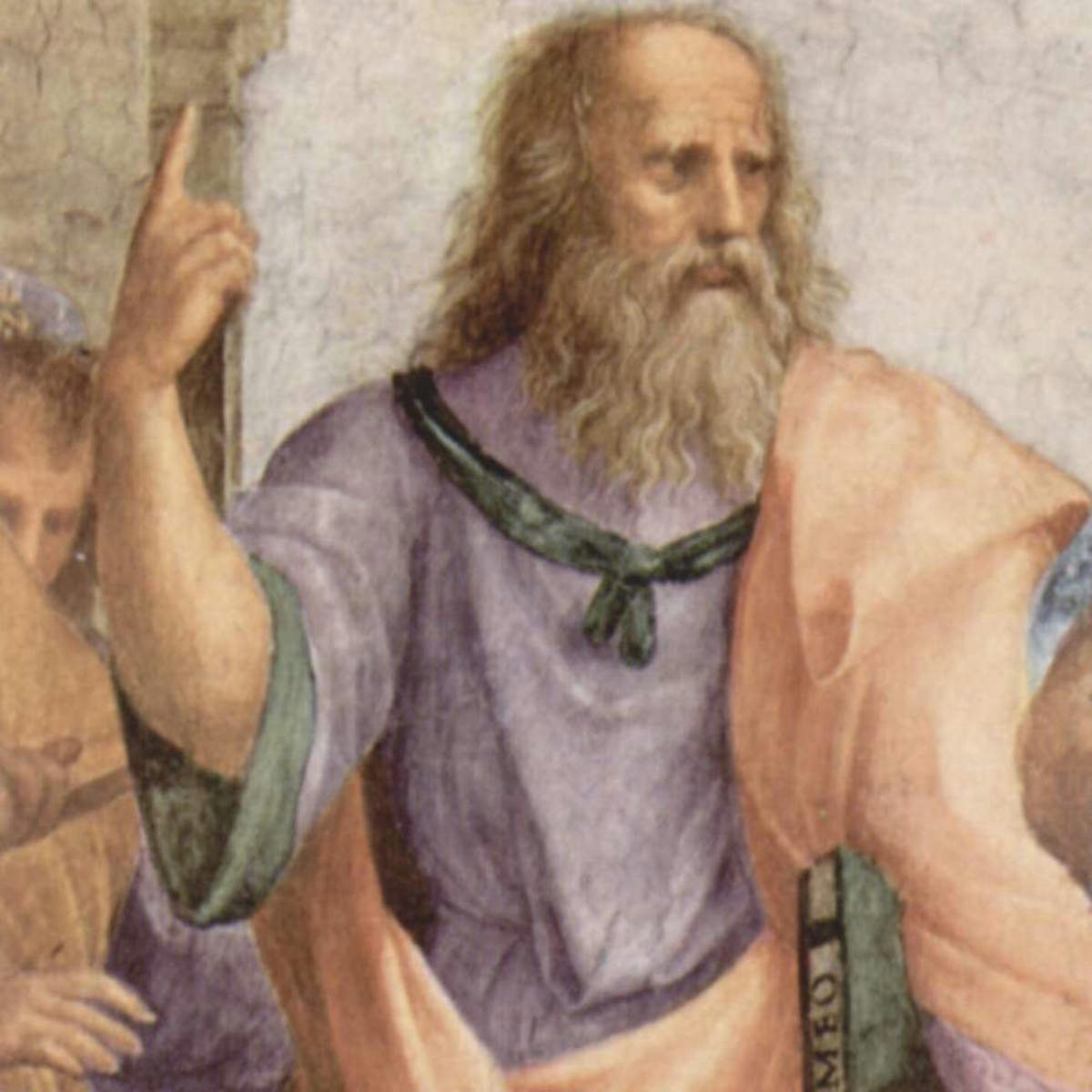
Philosophy Courses - Page 7
Showing results 61-70 of 81

Mind of the Universe: Science in Progress
From William Harvey discovering the circulation of blood to Albert Einstein developing the theory of relativity: almost all scientific research starts from something odd and unexpected that hasn't been explained yet, and, subsequently, the scientist creatively imagining possible explanations for it, formulating hypotheses.
However, the problem with formulating hypotheses is the "theory-ladenness of observation": ones expectations and background theories curtail and determine what one observes. The best way to reduce the negative consequences of theory-ladenness of observation as much as possible, is not by adopting the highest methodological standards, but by continuing to think outside the box throughout the problem solving process, by tirelessly, creatively imagining alternative explanations and hypotheses.
In this learning experience you will be turned upside down by philosopher Tim de Mey, who will challenge you to think outside of your comfort zone. You will be challenged to reflect critically and creatively on what triggers your research, i.e., what is driving the scientist in you. Tim will show you how openness to and interaction with other disciplines generates new ideas, and how important it is that scientists, besides the possibilities of their own discipline, are also aware of its (and there) limitations. Take this challenge and you will construct the perfect out-of-the-box research question that will tease the Mind of the Universe scientists to explore even better answers in their research.
This online learning experience is a spin-off of The Mind of the Universe documentary series created by the Dutch broadcasting company VPRO and professor Robbert Dijkgraaf, Princeton University. A number of universities in the Netherlands have used the open source material of the documentary series as a starting point to create similar experiences.
Greek and Roman Mythology
Myths are traditional stories that have endured over a long time. Some of them have to do with events of great importance, such as the founding of a nation. Others tell the stories of great heroes and heroines and their exploits and courage in the face of adversity. Still others are simple tales about otherwise unremarkable people who get into trouble or do some great deed. What are we to make of all these tales, and why do people seem to like to hear them? This course will focus on the myths of ancient Greece and Rome, as a way of exploring the nature of myth and the function it plays for individuals, societies, and nations. We will also pay some attention to the way the Greeks and Romans themselves understood their own myths. Are myths subtle codes that contain some universal truth? Are they a window on the deep recesses of a particular culture? Are they a set of blinders that all of us wear, though we do not realize it? Or are they just entertaining stories that people like to tell over and over? This course will investigate these questions through a variety of topics, including the creation of the universe, the relationship between gods and mortals, human nature, religion, the family, sex, love, madness, and death.
***********************************************************************************************************
COURSE SCHEDULE
• Week 1: Introduction
Welcome to Greek and Roman Mythology! This first week we’ll introduce the class, paying attention to how the course itself works. We’ll also begin to think about the topic at hand: myth! How can we begin to define "myth"? How does myth work? What have ancient and modern theorists, philosophers, and other thinkers had to say about myth? This week we’ll also begin our foray into Homer’s world, with an eye to how we can best approach epic poetry.
Readings: No texts this week, but it would be a good idea to get started on next week's reading to get ahead of the game.
Video Lectures: 1.1-1.7
Quiz: Complete the quiz by the end of the week.
• Week 2: Becoming a Hero
In week 2, we begin our intensive study of myth through Homer’s epic poem, the Odyssey. This core text not only gives us an exciting story to appreciate on its own merits but also offers us a kind of laboratory where we can investigate myth using different theoretical approaches. This week we focus on the young Telemachus’ tour as he begins to come of age; we also accompany his father Odysseus as he journeys homeward after the Trojan War. Along the way, we’ll examine questions of heroism, relationships between gods and mortals, family dynamics, and the Homeric values of hospitality and resourcefulness.
Readings: Homer, Odyssey, books 1-8
Video Lectures: 2.1-2.10
Quiz: Complete the quiz by the end of the week.
• Week 3: Adventures Out and Back
This week we’ll follow the exciting peregrinations of Odysseus, "man of twists and turns," over sea and land. The hero’s journeys abroad and as he re-enters his homeland are fraught with perils. This portion of the Odyssey features unforgettable monsters and exotic witches; we also follow Odysseus into the Underworld, where he meets shades of comrades and relatives. Here we encounter some of the best-known stories to survive from all of ancient myth.
Readings: Homer, Odyssey, books 9-16
Video Lectures: 3.1-3.10
Quiz: Complete the quiz by the end of the week.
• Week 4: Identity and Signs
As he makes his way closer and closer to re-taking his place on Ithaca and with his family, a disguised Odysseus must use all his resources to regain his kingdom. We’ll see many examples of reunion as Odysseus carefully begins to reveal his identity to various members of his household—his servants, his dog, his son, and finally, his wife Penelope—while also scheming against those who have usurped his place.
Readings: Homer, Odyssey, books 17-24
Video Lectures: 4.1-4.8
Quiz: Complete the quiz by the end of the week.
• Week 5: Gods and Humans
We will take a close look at the most authoritative story on the origin of the cosmos from Greek antiquity: Hesiod’s Theogony. Hesiod was generally considered the only poet who could rival Homer. The Theogony, or "birth of the gods," tells of an older order of gods, before Zeus, who were driven by powerful passions—and strange appetites! This poem presents the beginning of the world as a time of fierce struggle and violence as the universe begins to take shape, and order, out of chaos.
Readings: Hesiod, Theogony *(the Works and Days is NOT required for the course)*
Video Lectures: 5.1-5.9
Quiz: Complete the quiz by the end of the week.
• Week 6: Ritual and Religion
This week’s readings give us a chance to look closely at Greek religion in its various guises. Myth, of course, forms one important aspect of religion, but so does ritual. How ancient myths and rituals interact teaches us a lot about both of these powerful cultural forms. We will read two of the greatest hymns to Olympian deities that tell up-close-and-personal stories about the gods while providing intricate descriptions of the rituals they like us humans to perform.
Readings: Homeric Hymn to Apollo; Homeric Hymn to Demeter (there are two hymns to each that survive, only the LONGER Hymn to Apollo and the LONGER Hymn to Demeter are required for the course)
Video Lectures: 6.1-6.7
Quiz: Complete the quiz by the end of the week.
• Week 7: Justice
What counts as a just action, and what counts as an unjust one? Who gets to decide? These are trickier questions than some will have us think. This unit looks at one of the most famously thorny issues of justice in all of the ancient world. In Aeschylus’ Oresteia—the only surviving example of tragedy in its original trilogy form—we hear the story of Agamemnon’s return home after the Trojan War. Unlike Odysseus’ eventual joyful reunion with his wife and children, this hero is betrayed by those he considered closest to him. This family's cycle of revenge, of which this story is but one episode, carries questions of justice and competing loyalties well beyond Agamemnon’s immediate family, eventually ending up on the Athenian Acropolis itself.
Readings: Aeschylus, Agamemnon; Aeschylus, Eumenides
Video Lectures: 7.1-7.10
Quiz: Complete the quiz by the end of the week.
• Week 8: Unstable Selves
This week we encounter two famous tragedies, both set at Thebes, that center on questions of guilt and identity: Sophocles’ Oedipus Rex and Eurpides’ Bacchae. Oedipus is confident that he can escape the unthinkable fate that was foretold by the Delphic oracle; we watch as he eventually realizes the horror of what he has done. With Odysseus, we saw how a great hero can re-build his identity after struggles, while Oedipus shows us how our identities can dissolve before our very eyes. The myth of Oedipus is one of transgressions—intentional and unintentional—and about the limits of human knowledge. In Euripides’ Bacchae, the identity of gods and mortals is under scrutiny. Here, Dionysus, the god of wine and of tragedy, and also madness, appears as a character on stage. Through the dissolution of Pentheus, we see the terrible consequences that can occur when a god’s divinity is not properly acknowledged.
Readings: Sophocles, Oedipus Rex; Euripides, Bacchae
Video Lectures: 8.1-8.9
Quiz: Complete the quiz by the end of the week.
• Week 9: The Roman Hero, Remade
Moving ahead several centuries, we jump into a different part of the Mediterranean to let the Romans give us their take on myth. Although many poets tried to rewrite Homer for their own times, no one succeeded quite like Vergil. His epic poem, the Aeneid, chronicles a powerful re-building of a culture that both identifies with and defines itself against previously told myths. In contrast to the scarcity of information about Homer, we know a great deal about Vergil’s life and historical context, allowing us insight into myth-making in action.
Readings: Vergil, Aeneid, books 1-5
Video Lectures: 9.1-9.10
Quiz: Complete the quiz by the end of the week.
• Week 10: Roman Myth and Ovid's Metamorphoses
Our consideration of Vergil’s tale closes with his trip to the underworld in book 6. Next, we turn to a more playful Roman poet, Ovid, whose genius is apparent in nearly every kind of register. Profound, witty, and satiric all at once, Ovid’s powerful re-tellings of many ancient myths became the versions that are most familiar to us today. Finally, through the lens of the Romans and others who "remythologize," we wrap up the course with a retrospective look at myth.
Readings: Vergil, Aeneid, book 6; Ovid, Metamorphoses, books 3, 12, and 13.
Video Lectures: 10.1-10.9.
Quiz: Complete the quiz by the end of the week.
***********************************************************************************************************
READINGS
There are no required texts for the course, however, Professor Struck will make reference to the following texts in the lecture:
• Greek Tragedies, Volume 1, David Grene and Richmond Lattimore, trans. (Chicago)
• Greek Tragedies, Volume 3, David Grene and Richmond Lattimore , trans. (Chicago)
• Hesiod, Theogony and Works and Days, M. L. West, trans. (Oxford)
• Homeric Hymns, Sarah Ruden, trans. (Hackett)
• Homer, The Odyssey, Robert Fagles, trans. (Penguin)
• Virgil, The Aeneid, Robert Fitzgerald, trans. (Vintage)
• Ovid, Metamorphoses, David Raeburn, trans. (Penguin)
These translations are a pleasure to work with, whereas many of the translations freely available on the internet are not. If you do not want to purchase them, they should also be available at many libraries. Again, these texts are not required, but they are helpful.

The Importance and Power of Music in our Society
Music plays an important role in our daily lives and is woven into the fabric of society. We listen to music while alone or in company, in a dance club or at home, through simple headphones or via high-end speakers, as background or as foreground, after we get up or before we go to bed. Music accompanies us when we are traveling, doing sports, shopping, working or relaxing. This omnipresence of music raises several questions: how does music affect our lives? What is the relation between the society we live in and the role, function, and position of music within that society? How is music influenced by and does music influence social, political, economic, technological, and multiple other developments?
Do these questions trigger you? Music and Society provides a thorough introduction to the various ways in which music and society are connected through engaging lectures, insightful interviews, challenging assignments, interesting readings, and of course a lot of musical examples. The course aims at increasing your insights on where, how and why we listen to music, how music contributes to shaping our identity, how music forms, expresses, and subverts political ideas, and how music affects our norms and values.
Think Again III: How to Reason Inductively
Want to solve a murder mystery? What caused your computer to fail? Who can you trust in your everyday life? In this course, you will learn how to analyze and assess five common forms of inductive arguments: generalizations from samples, applications of generalizations, inference to the best explanation, arguments from analogy, and causal reasoning. The course closes by showing how you can use probability to help make decisions of all sorts.
Suggested Readings
Students who want more detailed explanations or additional exercises or who want to explore these topics in more depth should consult Understanding Arguments: An Introduction to Informal Logic, Ninth Edition, Concise, Chapters 8-12, by Walter Sinnott-Armstrong and Robert Fogelin.
Course Format
Each week will be divided into multiple video segments that can be viewed separately or in groups. There will be short ungraded quizzes after each segment (to check comprehension) and a longer graded quiz at the end of the course.

Intellectual Humility: Science
It’s clear that the world needs more intellectual humility. But how do we develop this virtue? And why do so many people still end up so arrogant? Do our own biases hold us back from becoming as intellectually humble as we could be—and are there some biases that actually make us more likely to be humble? Which cognitive dispositions and personality traits give people an edge at being more intellectually humble - and are they stable from birth, learned habits, or something in between? And what can contemporary research on the emotions tell us about encouraging intellectual humility in ourselves and others?
Experts in psychology, philosophy and education are conducting exciting new research on these questions, and the results have important, real-world applications. Faced with difficult questions people often tend to dismiss and marginalize dissent. Political and moral disagreements can be incredibly polarizing, and sometimes even dangerous. And whether it’s Christian fundamentalism, Islamic extremism, or militant atheism, religious dialogue remains tinted by arrogance, dogma, and ignorance. The world needs more people who are sensitive to reasons both for and against their beliefs, and are willing to consider the possibility that their political, religious and moral beliefs might be mistaken. The world needs more intellectual humility.
In this course, we will examine the following major questions about the science of intellectual humility:
• How do we become intellectually humble?
• What can human cognition tell us about intellectual humility?
• How does arrogance develop, and how can we become more open-minded?
• How do emotions affect our ability to be intellectually humble?
All lectures are delivered by leading specialists, and the course is organised around a number of interesting readings and practical assignments which will help you address issues related to humility in your daily life.
This course can be taken as a part of a series which explores the theory, the science and the applied issues surrounding intellectual humility. In the previous course on the theory behind intellectual humility, we considered how to define intellectual humility, the nature of an intellectual virtue, and how we know who is intellectually humble. If you are interested, complete all three courses to gain a broader understanding of this fascinating topic. Look for:
• Intellectual Humility: Theory - https://www.coursera.org/learn/intellectual-humility-theory
• Intellectual Humility: Practice - https://www.coursera.org/learn/intellectual-humility-practice

Intellectual Humility: Theory
Faced with difficult questions people often tend to dismiss and marginalize dissent. Political and moral disagreements can be incredibly polarizing, and sometimes even dangerous. And whether it’s Christian fundamentalism, Islamic extremism, or militant atheism, religious dialogue remains tinted by arrogance, dogma, and ignorance. The world needs more people who are sensitive to reasons both for and against their beliefs, and are willing to consider the possibility that their political, religious and moral beliefs might be mistaken. The world needs more intellectual humility.
But what is intellectual humility, anyway? And why do people seem so drawn toward intellectual arrogance? Psychologists, philosophers, theologians, and educationalists are now suggesting some answers.
In this course we try to define intellectual humility and intellectual virtues in general, and ask how we know who is humble. All lectures are delivered by leading specialists, and the course is organised around a number of interesting readings and practical assignments which will help you address issues related to humility in your daily life.
This course is a part of a series which explores the theory, the science and the applied issues surrounding intellectual humility (the latter two coming in June and November 2017). Completing all three courses will give you a broader understanding of this fascinating topic. Look for:
• Intellectual Humility: Science - https://www.coursera.org/learn/intellectual-humility-science
• Intellectual Humility: Practice - https://www.coursera.org/learn/intellectual-humility-practice
You can also follow us on twitter: @EdiPhilOnline and #IHMOOC

The Changing Status and Perception of Animals
In this course, we explore how mainstream understandings of animals and human-animal relationships have changed in recent years. Module 1 focuses on the roles of animals in human physical health and psychological well being. Module 2 explores animal selfhood, particularly in light of their inability to use spoken language. Finally, Module 3 examines some of the collective efforts undertaken when the treatment or use of animals comes to be seen as inhumane, immoral, and worthy of ameliorative social action.

The Modern and the Postmodern (Part 2)
This course examines how the idea of "the modern" develops at the end of the 18th century in European philosophy and literature, and how being modern (or progressive, or hip) became one of the crucial criteria for understanding and evaluating cultural change. Are we still in modernity, or have we moved beyond the modern to the postmodern?

Moral Foundations of Politics
When do governments deserve our allegiance, and when should they be denied it?
This course explores the main answers that have been given to this question in the modern West. We start with a survey of the major political theories of the Enlightenment: Utilitarianism, Marxism, and the social contract tradition. In each case, we begin with a look at classical formulations, locating them in historical context, but then shift to the contemporary debates as they relate to politics today.
Next, we turn to the rejection of Enlightenment political thinking, again exploring both classical and contemporary formulations. The last part of the course deals with the nature of, and justifications for, democratic politics, and their relations to Enlightenment and Anti-Enlightenment political thinking.
In addition to exploring theoretical differences among the various authors discussed, considerable attention is devoted to the practical implications of their competing arguments. To this end, we discuss a variety of concrete problems, including debates about economic inequality, affirmative action and the distribution of health care, the limits of state power in the regulation of speech and religion, and difficulties raised by the emerging threat of global environmental decay.

Ancient Philosophy: Plato & His Predecessors
What is philosophy? How does it differ from science, religion, and other modes of human discourse? This course traces the origins of philosophy in the Western tradition in the thinkers of Ancient Greece. We begin with the Presocratic natural philosophers who were active in Ionia in the 6th century BCE and are also credited with being the first scientists. Thales, Anaximander, and Anaximines made bold proposals about the ultimate constituents of reality, while Heraclitus insisted that there is an underlying order to the changing world. Parmenides of Elea formulated a powerful objection to all these proposals, while later Greek theorists (such as Anaxagoras and the atomist Democritus) attempted to answer that objection. In fifth-century Athens, Socrates insisted on the importance of the fundamental ethical question—“How shall I live?”—and his pupil, Plato, and Plato’s pupil, Aristotle, developed elaborate philosophical systems to explain the nature of reality, knowledge, and human happiness. After the death of Aristotle, in the Hellenistic period, Epicureans and Stoics developed and transformed that earlier tradition. We will study the major doctrines of all these thinkers. Part I will cover Plato and his predecessors. Part II will cover Aristotle and his successors.
Popular Internships and Jobs by Categories
Find Jobs & Internships
Browse
© 2024 BoostGrad | All rights reserved